

 Starlink is leveraging its growing dominance with data-hungry AI ambitions, regulatory demands, and space infrastructure plans. A merger with xAI could solidify its position as an unregulated gatekeeper of orbital connectivity and intelligence.
Starlink is leveraging its growing dominance with data-hungry AI ambitions, regulatory demands, and space infrastructure plans. A merger with xAI could solidify its position as an unregulated gatekeeper of orbital connectivity and intelligence.
 ICANN invites proposals for its DNSSEC and Security Workshop at the ICANN85 Community Forum in March 2026, offering a platform for global experts to share insights on DNS, routing security, and emerging threats.
ICANN invites proposals for its DNSSEC and Security Workshop at the ICANN85 Community Forum in March 2026, offering a platform for global experts to share insights on DNS, routing security, and emerging threats.
 A 2026 outlook charts Internet governance between fear and hope, tracking cyber conflict, digital trade and taxation, shrinking rights, and global AI rivalry, while asking whether multistakeholder cooperation can still steer the network toward stability.
A 2026 outlook charts Internet governance between fear and hope, tracking cyber conflict, digital trade and taxation, shrinking rights, and global AI rivalry, while asking whether multistakeholder cooperation can still steer the network toward stability.
 As Internet governance fragments in 2026, authority shifts from open, multistakeholder forums to state-led security regimes, legal instruments, and alliance-based cooperation, challenging longstanding institutions and reshaping global norms through enforcement rather than consensus.
As Internet governance fragments in 2026, authority shifts from open, multistakeholder forums to state-led security regimes, legal instruments, and alliance-based cooperation, challenging longstanding institutions and reshaping global norms through enforcement rather than consensus.
 As AI notetakers become common in virtual meetings, concerns grow over data privacy, potential misuse, and the risks of unknowingly sharing sensitive corporate information with unseen third parties beyond organizational control.
As AI notetakers become common in virtual meetings, concerns grow over data privacy, potential misuse, and the risks of unknowingly sharing sensitive corporate information with unseen third parties beyond organizational control.
 European efforts to build independent cloud infrastructure face challenges from regulatory overreach and dependence on U.S. cloud providers. Some say that a balanced approach focused on collaboration and flexible standards will be needed to strengthen data sovereignty and foster regional growth. Eighty percent of corporate executives in Germany say that Europe's future prosperity will depend on secure and independent digital infrastructure.
European efforts to build independent cloud infrastructure face challenges from regulatory overreach and dependence on U.S. cloud providers. Some say that a balanced approach focused on collaboration and flexible standards will be needed to strengthen data sovereignty and foster regional growth. Eighty percent of corporate executives in Germany say that Europe's future prosperity will depend on secure and independent digital infrastructure.
Experts at a CircleID and Edgemoor Research Institute webinar debated the challenges of domain registration data access in a post-GDPR world. Panelists explored the tension between privacy laws and legitimate data requests, the role of automation in disclosure decisions, and the need for a scalable, trust-based framework to balance compliance, cybersecurity, and enforcement interests.
Amid evolving privacy laws and rising cybersecurity threats, domain registration data disclosure remains a contentious issue. Beyond WHOIS: Filling the Gaps brings together experts to examine Project Jake's policy framework, aiming to balance privacy with legitimate access. Join industry leaders for insights on policy clarity, operational efficiency, and the future of domain name governance.
 The terms Digital Sovereignty or Souveraineté numérique have recently risen in prominence to describe the international rule of law as it applies to information and communication technologies. At a time when disinformation is proliferating and the rule of law, democracy, and human rights, together with long-standing relationships, are being cast aside, digital sovereignty is scaling in importance as a key defensive measure among many nations.
The terms Digital Sovereignty or Souveraineté numérique have recently risen in prominence to describe the international rule of law as it applies to information and communication technologies. At a time when disinformation is proliferating and the rule of law, democracy, and human rights, together with long-standing relationships, are being cast aside, digital sovereignty is scaling in importance as a key defensive measure among many nations.
The global debate over Internet privacy and security took center stage in a webinar hosted by CircleID in partnership with the Edgemoor Research Institute. The event marked the first in a series exploring the delicate balance between safeguarding personal data and ensuring legitimate access to domain name registration details. As governments, cybersecurity experts, law enforcement, and intellectual property holders grapple with the evolving regulatory landscape, Project Jake seeks to establish a framework that prioritizes policy clarity, efficiency, and adaptability.
The collection and disclosure of DNS registration data have evolved chaotically, influenced by GDPR and other privacy laws. The system, while improving privacy, has enabled bad actors and raised costs for registrars and registries. Join experts at this event as they explore Project Jake's framework for balancing privacy with legitimate data needs, emphasizing policy clarity, efficiency, and adaptability.
 In the digital age, personal data protection has become paramount, with regulations like the General Data Protection Regulation (GDPR) shaping global practices. One area significantly affected is the public availability of WHOIS data, a critical resource in the domain name system. WHOIS traditionally provided detailed contact information for domain registrants, but privacy measures have redacted much of this data in recent years.
In the digital age, personal data protection has become paramount, with regulations like the General Data Protection Regulation (GDPR) shaping global practices. One area significantly affected is the public availability of WHOIS data, a critical resource in the domain name system. WHOIS traditionally provided detailed contact information for domain registrants, but privacy measures have redacted much of this data in recent years.
 Nearly 90% of the internet's generic top-level (gTLD) domain names do not have identifying contact information in the Registration Data Directory Services (RDDS) system, according to a report by Interisle Consulting Group. A key finding of the report is the rapid growth of registrar-provided proxy service offerings and the inclusion of these services for both new and existing registrations.
Nearly 90% of the internet's generic top-level (gTLD) domain names do not have identifying contact information in the Registration Data Directory Services (RDDS) system, according to a report by Interisle Consulting Group. A key finding of the report is the rapid growth of registrar-provided proxy service offerings and the inclusion of these services for both new and existing registrations.
 Global leaders gathered in New York at the Summit of the Future and adopted the "Pact for the Future" on Sunday 22nd September. This is a historic milestone as the Pact is the first international agreement aimed at securing a better digital future for all, grounded in human rights. The recent adoption of the "Pact for the Future" at the United Nations General Assembly marks a significant step toward revitalizing multilateral cooperation in an increasingly fragmented world.
Global leaders gathered in New York at the Summit of the Future and adopted the "Pact for the Future" on Sunday 22nd September. This is a historic milestone as the Pact is the first international agreement aimed at securing a better digital future for all, grounded in human rights. The recent adoption of the "Pact for the Future" at the United Nations General Assembly marks a significant step toward revitalizing multilateral cooperation in an increasingly fragmented world.
 The DNS is a crucial part of today's Internet. With the fracturing of the network's address space as a byproduct of IPv4 address run down and the protracted IPv6 transition the Internet's name space is now the defining attribute of the Internet that makes it one network. However, the DNS is not a rigid and unchanging technology. It has changed considerably over the lifetime of the Internet and here I'd like to look at what's changed and what's remained the same.
The DNS is a crucial part of today's Internet. With the fracturing of the network's address space as a byproduct of IPv4 address run down and the protracted IPv6 transition the Internet's name space is now the defining attribute of the Internet that makes it one network. However, the DNS is not a rigid and unchanging technology. It has changed considerably over the lifetime of the Internet and here I'd like to look at what's changed and what's remained the same.
 Digital Rights Defender Steps Aside: Cindy Cohn to Leave EFF After 25 Years
Digital Rights Defender Steps Aside: Cindy Cohn to Leave EFF After 25 Years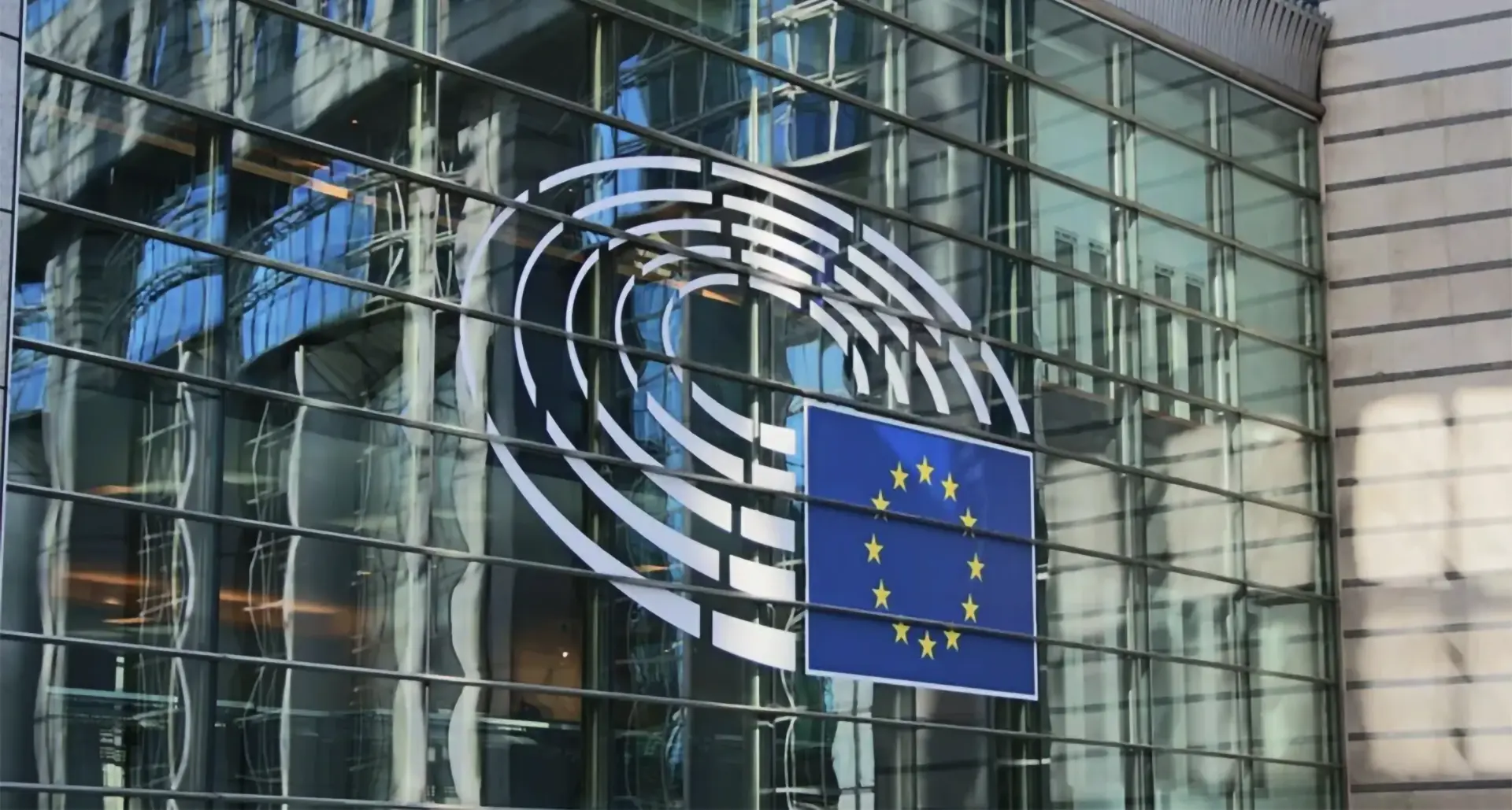 Chat Control Proposal Advances Despite Rising Opposition in Europe
Chat Control Proposal Advances Despite Rising Opposition in Europe Apple Under Fire for Removing VPN Apps from Russia’s App Store
Apple Under Fire for Removing VPN Apps from Russia’s App Store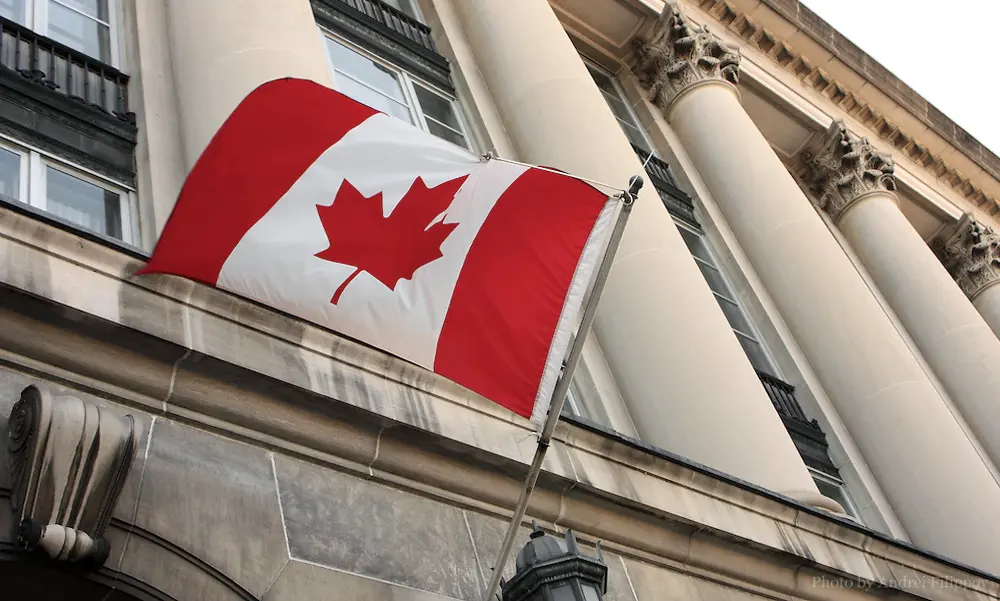 Canadian Bill S-210 Sparks Controversy Over Internet Regulations
Canadian Bill S-210 Sparks Controversy Over Internet Regulations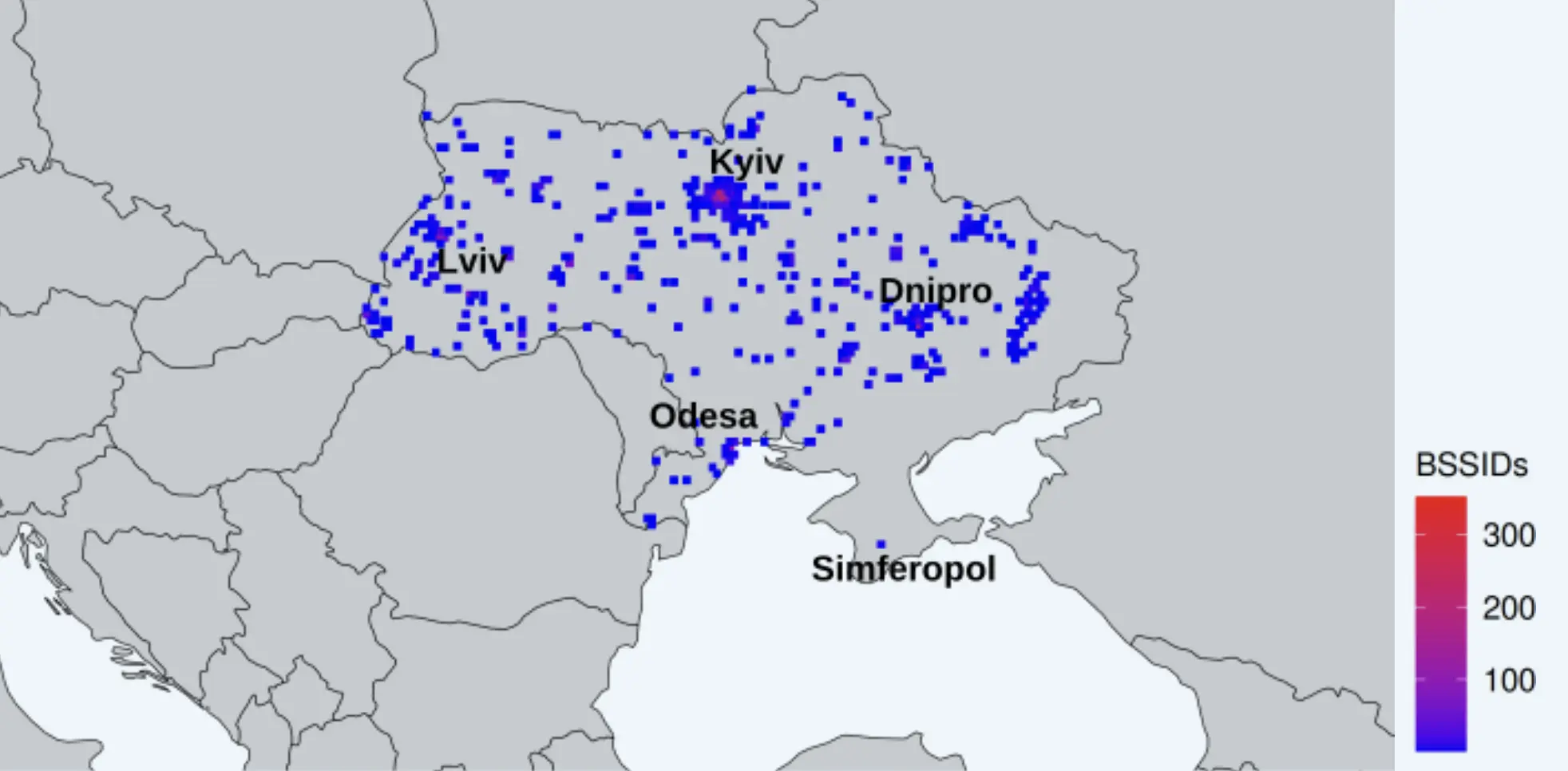 Researchers Expose Privacy Risks in Apple and Starlink’s Geo-Location Data, Uncovering Military and Civilian Tracking
Researchers Expose Privacy Risks in Apple and Starlink’s Geo-Location Data, Uncovering Military and Civilian Tracking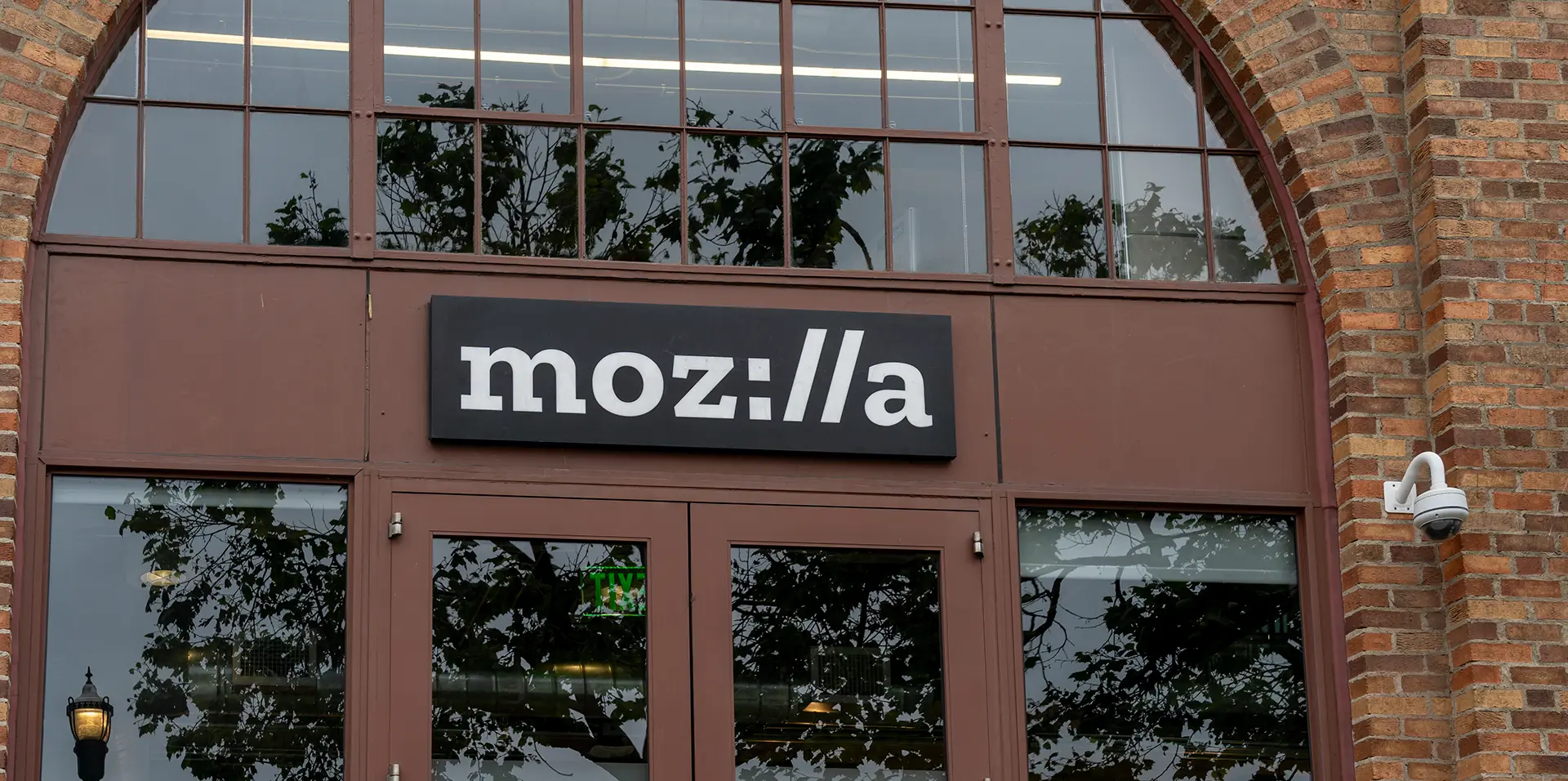 Mozilla Launches Monitor Plus, A Comprehensive Privacy Service
Mozilla Launches Monitor Plus, A Comprehensive Privacy Service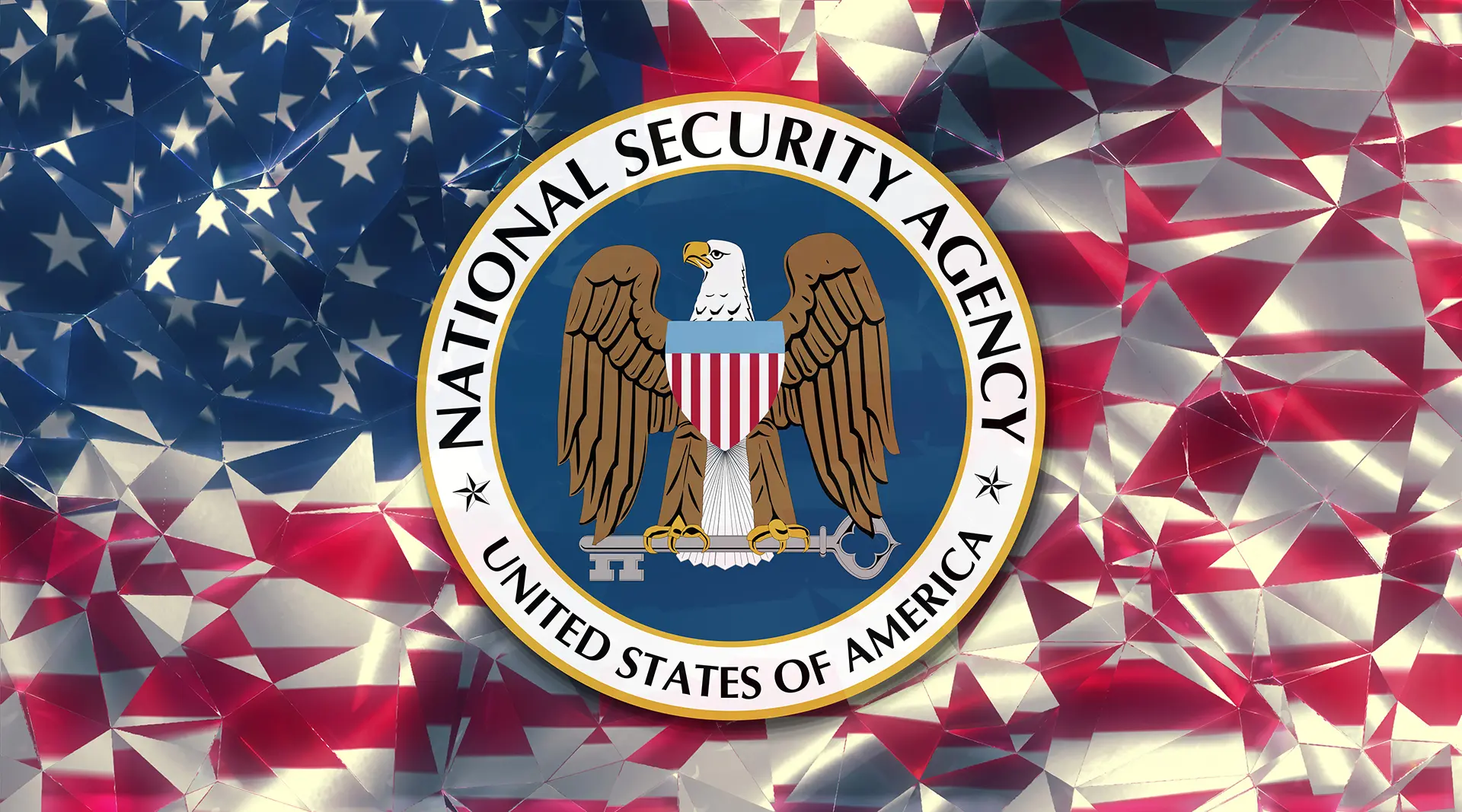 NSA Admits Purchasing Americans’ Internet Browsing Data Without Warrants
NSA Admits Purchasing Americans’ Internet Browsing Data Without Warrants UK Online Safety Act Becomes Law Amid Controversy
UK Online Safety Act Becomes Law Amid Controversy Online Safety Bill: UK’s Digital Overhaul
Online Safety Bill: UK’s Digital Overhaul EU Lawmakers Call for Further Talks to Strengthen Proposed US Data Transfer Pact
EU Lawmakers Call for Further Talks to Strengthen Proposed US Data Transfer Pact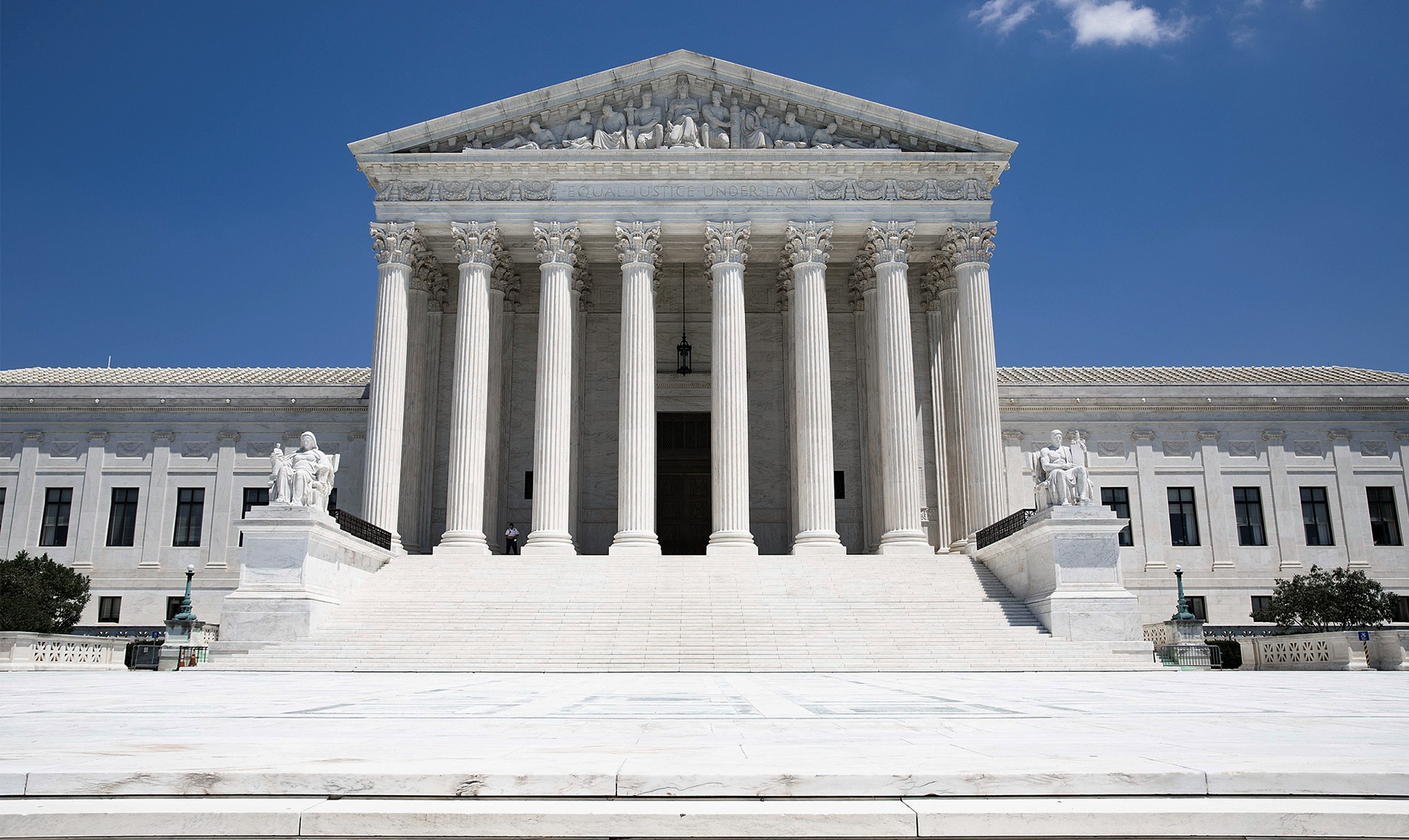 Supreme Court Declines to Hear Wikimedia Foundation’s Challenge to NSA Surveillance
Supreme Court Declines to Hear Wikimedia Foundation’s Challenge to NSA Surveillance U.N. Cybercrime Convention Enters Critical Stage
U.N. Cybercrime Convention Enters Critical Stage